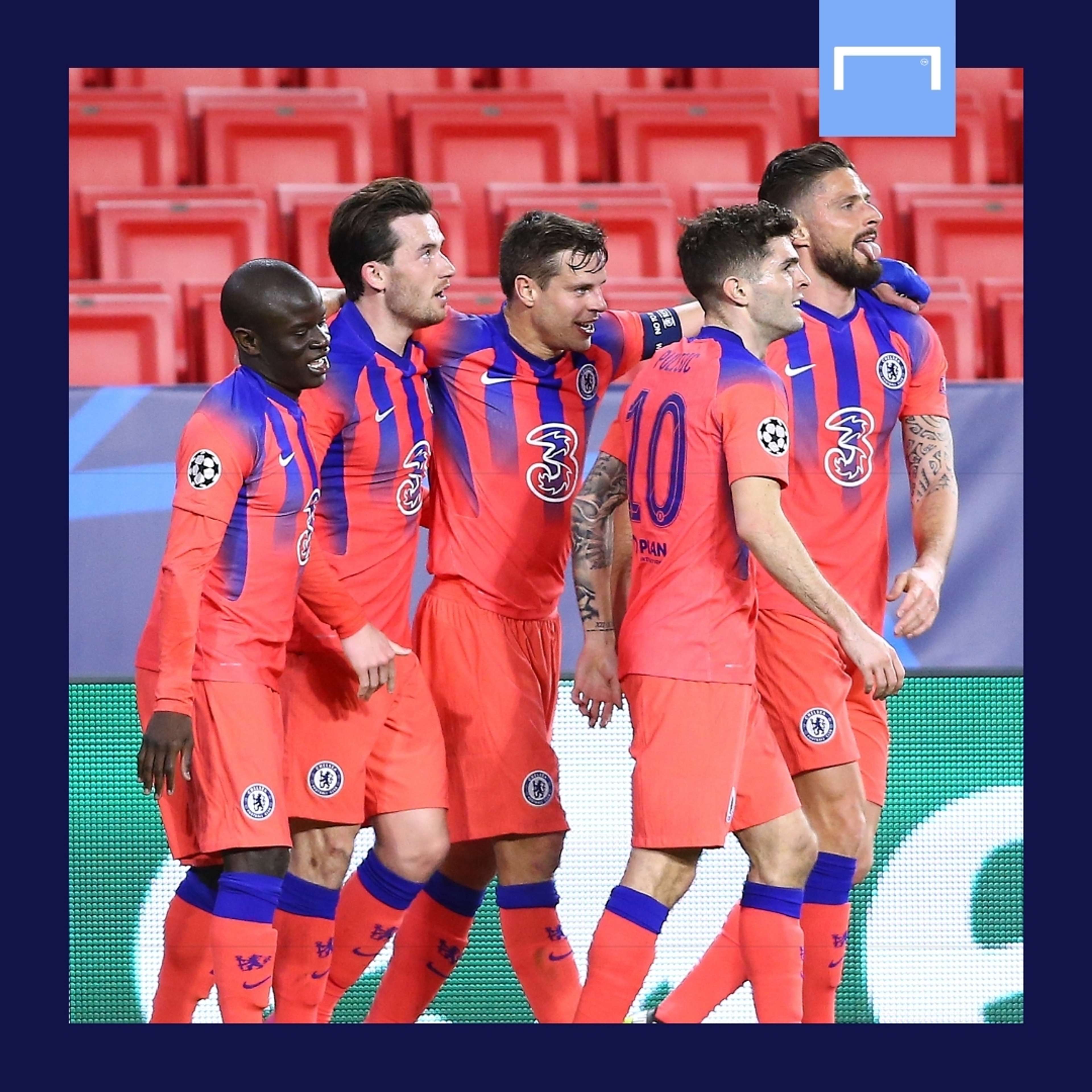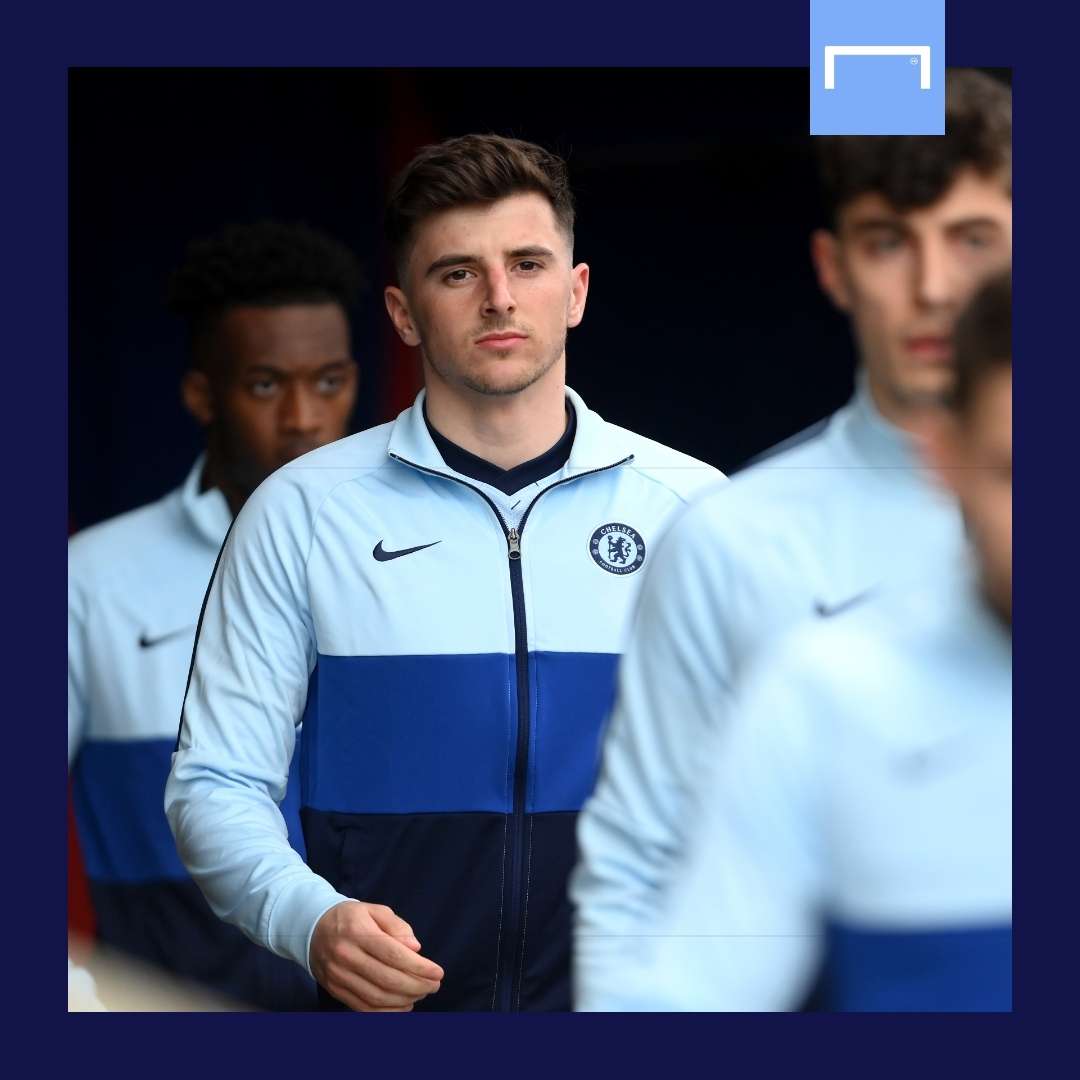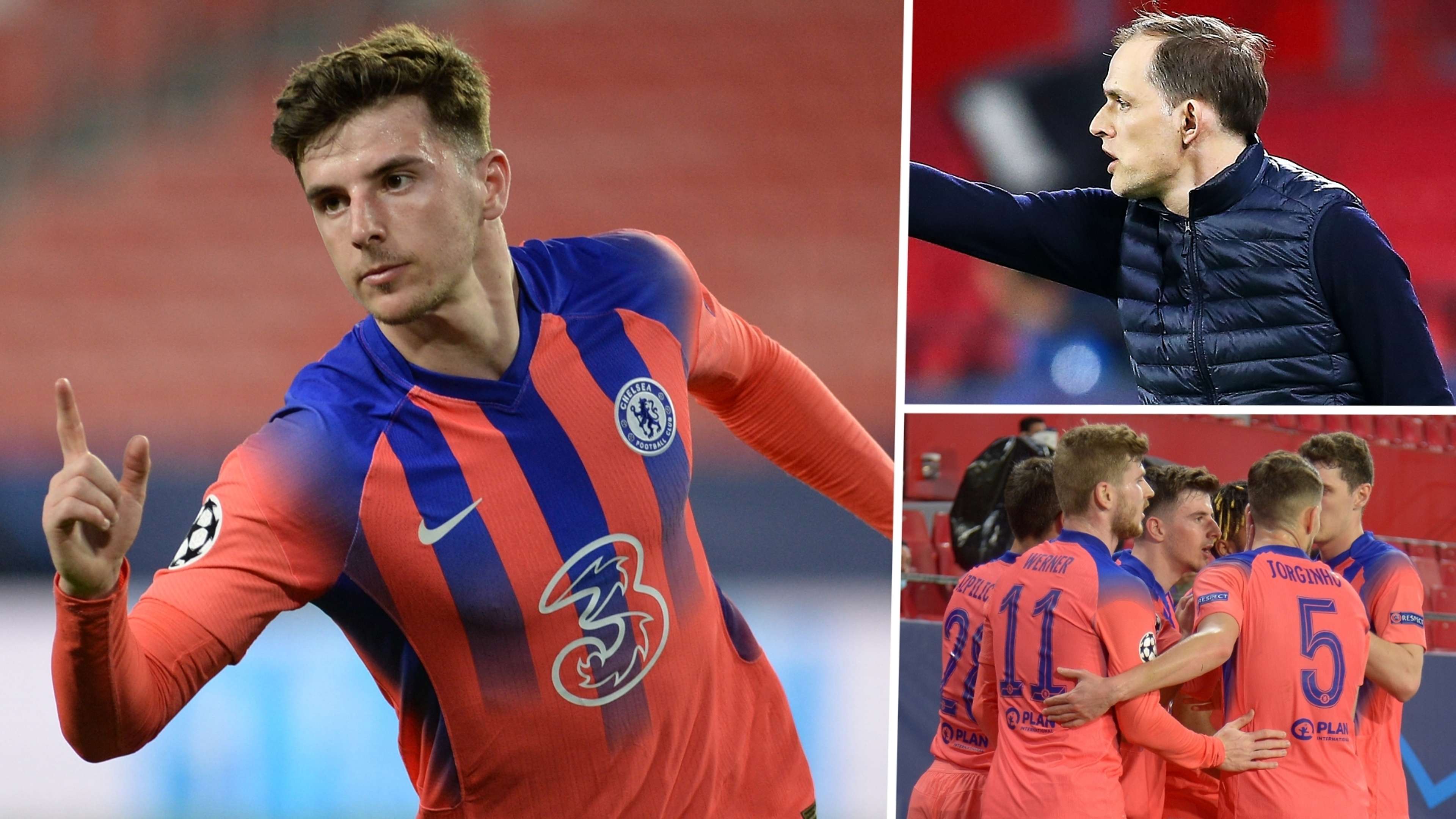For the most part, football has been a welcome distraction from Covid-19, but the longer stadiums remain empty, the more it feels as though football is merely reflecting back at us what we are trying to avoid.
Gratitude is starting to wear thin. The matches – dull, quiet, unfulfilling – are playing out like our own pandemic existence.
The players are no less affected by the pandemic, of course, and as they act out the emotional landscape of the nation on our TV screens, it is no coincidence that control, or its absence, has proved to be the defining tactical characteristic of the 2020-21 campaign.
Manchester City have all but wrapped up the Premier League title by doubling down on low-tempo possession football, and thereby controlling the variables. Pep Guardiola, surveying the chaos of those early results, quickly realised what to do - but few others have managed to follow his lead.
Disorder still reigns across Europe, as the Champions League quarter-finals showed so clearly.
Next Match
Paris Saint-Germain’s 3-2 victory over Bayern Munich was a belter of a game, precisely because it lacked structure. Liverpool’s 3-1 defeat to Real Madrid was defined by its drift, by its arrhythmic lurching back and forth.
The only match that avoided the messiness was Chelsea’s 2-0 victory over Porto, a game that encapsulated the sense of order that Thomas Tuchel has brought to the Blues.
In this most maddening, unprecedented of seasons, order is gold dust – and it puts Chelsea among the frontrunners to lift the Champions League trophy in May.
 Getty/Goal
Getty/Goal
Like Guardiola, Tuchel has noted the unique challenges of a season plagued by Covid-19, which explains why his Chelsea team have been more functional, risk-averse, and consistent than we expected of a manager famed for his explosiveness – sharp gegenpressing football on the pitch, an acerbic personality off it – and tactical flexibility.
It is remarkable that a man known for his incessant tweaking of formations has so far deployed just one: a 3-4-2-1 that packs eight of his 10 outfield players through the central column of the pitch.
Tuchel has sucked the team inwards, magnetising the ball towards a crowd of midfielders. Like Guardiola, he has focused on shape and discipline to ensure Chelsea are always in control.
The Stamford Bridge outfit shuttle up and down the pitch in rigid formation, their movements far more restricted than under Frank Lampard, and their defensive record considerably improved as a consequence.
The fast-paced football, the interchanging positions, will come later, and while the dial was turned up in a scintillating first-half performance against Crystal Palace on Saturday, those games will come only in flashes.
For now, the cautious movement and the deliberation in the passing is a calculated attempt to stand on solid ground in a campaign when the default is to float; when those who refuse to adapt to the new normal find themselves lost and cut adrift.
It will stand Chelsea in good stead ahead of this week’s second leg against Porto, and in the semi-final against either Liverpool or Real Madrid that will surely follow.
Porto were ground into submission in Seville a week ago, and it hardly requires deep analysis to see that Sergio Conceicao’s hunched, conservative side will struggle to overturn a two-goal deficit in the return leg at the same venue.
Tuchel’s remarkably consistent formation, and the sharpness of a midfield led by the imperious Mason Mount, should comfortably match the winning margin of the first leg.
 Getty/Goal
Getty/Goal
When it comes to the final four, frankly Real and Liverpool are all over the place. Madrid's victory over the Reds at Estadio Alfredo di Stefano was strangely ambling, with an absence of pressing in the midfield allowing Toni Kroos to dominate. In short, Liverpool made Real look good when, in reality, Zinedine Zidane’s side have limped through this campaign like the rest of us.
Their ageing midfield and vague tactical plans make them distinct second favourites should they face Chelsea in the semis. After all, in a pandemic-hit season defined by anxiety, blurred edges and trembling hands, the team in control usually comes out on top.
Man City are the prime example of that, and indeed the likely opponents should Chelsea make it to the final, and this Saturday's FA Cup semi-final between the two teams will give us some indication of how a potential Champions League showdown might play out.
Whatever the outcome, we can reasonably predict a cautious game of stodgy midfield battles and a tense fight for control, not unlike the last two meetings between Tuchel and Guardiola: 0-0 draws in Der Klassiker.
Football often makes for bad escapism and has a habit of reflecting the times we live in. That will continue to hold true as lockdown eases in England; it is a funny coincidence that the pubs are reopening, that life is gradually returning, just as the football season sparks into life in April and May.
But a note of caution: the public may not spill out onto the streets this week in pandemonium, and those who do may find themselves a little at sea, emotionally flooded by the sudden lurch. Most of us will come out more cautiously, blinking into the light; feeling our way; keeping our feet firmly on the ground.
It is how Tuchel has approached his start to life at Chelsea, and how he will continue to play even as excitement builds towards the climax of the Champions League.
It will hold them steady. It may even win them the trophy.


